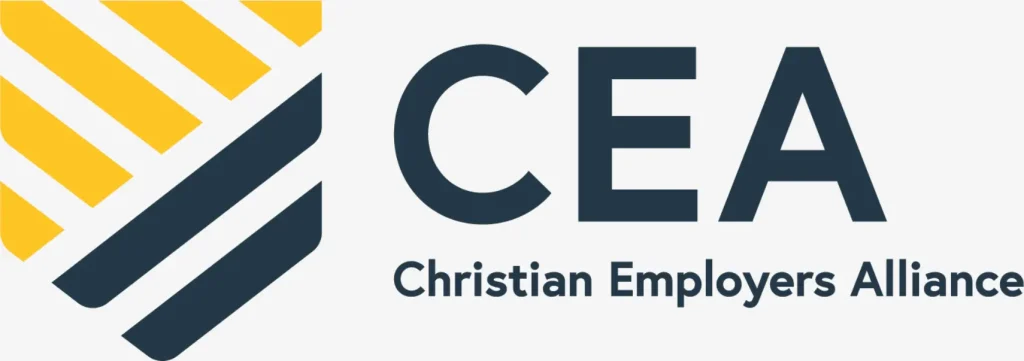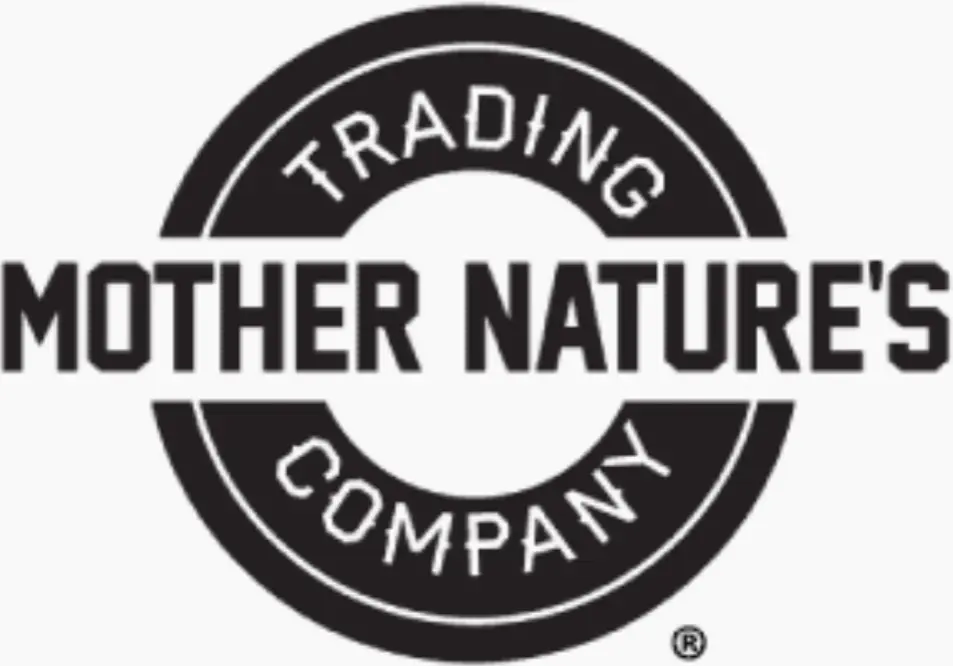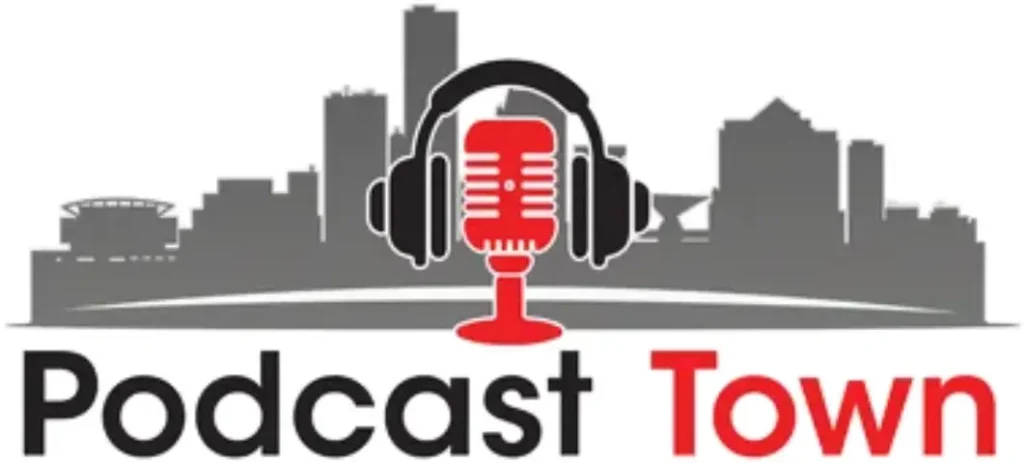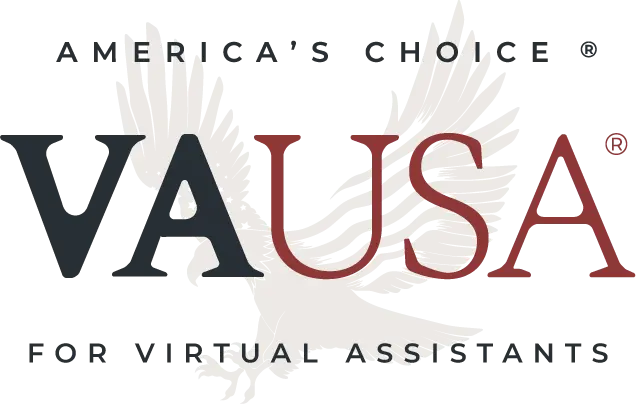The Economy – A way to manage resources (good and services).
Gross Domestic Product – The value of resources (goods and services) produced in a country during a specific year.
Economic Growth – A positive change in production of resources (goods and services).
Job Creation Growth – A net increase in the number of NEW jobs in a given economy.
Unemployment Rate – The number of unemployed persons as a percentage of the total labor forces.
Trade Deficits – Imported resources (goods and services) exceed exported resources.
Exchange Rate for U.S. Dollar – A ratio of the U.S. dollar’s value in comparison to the value of foreign currencies. In other words, the number of dollars needed to buy one unit of a foreign currency.
Federal Budget Deficit – Occurs when the national government spends more resources than it collects. Measured both Annually- the budget deficit totals measured for that specific year and Total- each annual deficit added together to comprise an overall federal deficit of a nation.
Unfunded Liabilities – A legally bound debt which is not backed by an asset of equal or greater value.
Global economy – A system of resource (goods and services) management that is made up of all national economies and expressed as a single system.
National Economy – A country’s system of resource (goods and services) management which usually includes preference of that nation’s resources over others.
State Economy- A state’s system of resource (goods and services) management which usually includes preference of that state’s resources over others.
Local Economy – A small area’s system of resource (goods and services) management which usually includes preference of that area’s resources
over others.
Personal Economy – An individual’s or family’s system of resource (goods and services) management.









